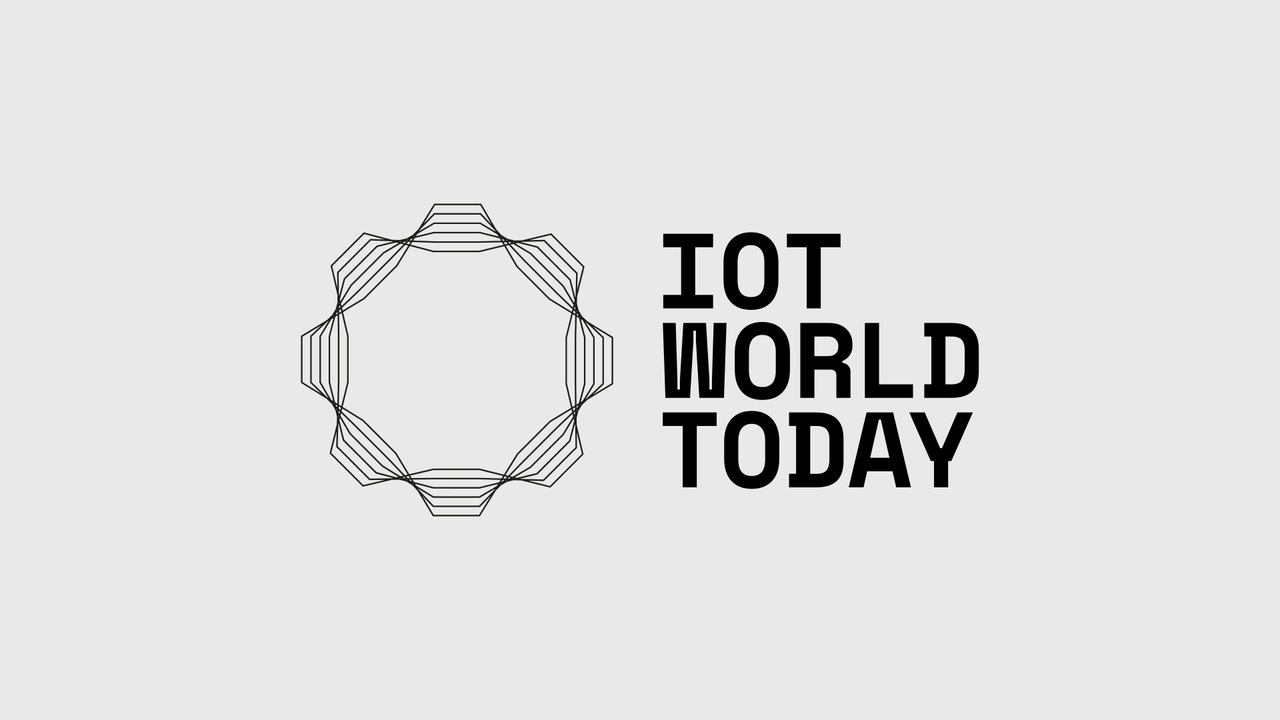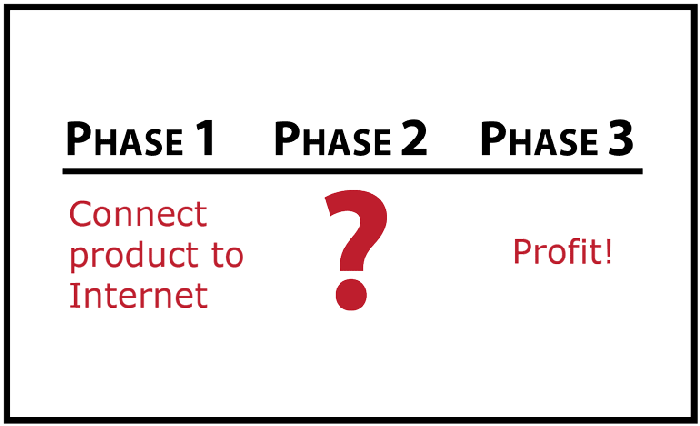'Smart' Products Should Do More Than Connect to the Internet'Smart' Products Should Do More Than Connect to the Internet
IoT business models focused on services may prove more successful than those that focus solely on connected products.
November 18, 2016

Rumor has it that an international business cartel decided in late 1924 to engineer light bulbs with shorter lifespans. According to conventional wisdom, the concept of planned obsolescence quickly became entrenched in modern business, becoming the “new god” of the American business elite in the late 1920s, according to Paul Mazur, a partner at Lehman Brothers at that time.
While it might sound like a conspiracy theory, the concept of planned obsolescence has dominated business for nearly a century. Rather than building processes to last, businesses have banked on selling their products as frequently as reasonably possible.
But the concept of designing products to break at a predetermined interval is becoming passé. The companies that are most successful don’t merely focus on selling products. They focus on their customers’ desired outcome.
“This reminds me of the original first IoT use case,” says social media business strategist Evan Kirstel, recounting how, in 1982, researchers at Carnegie Mellon University devised the first Internet-connected appliance, a Coke-machine that can report its inventory and determine when newly loaded drinks were cold enough to drink. “Who the hell wants to drink lukewarm soda?” Kirstel asks.
Yet, in the past few years, many Internet of Things devices offer a link to the Internet without offering much else. “Just putting a smart sensor onto an existing ‘thing’ does not necessarily add a ton of value,” says Michael Beamer, president of goTransverse. “Most of the value lies in wrapping services around products.”
Look at John Deere. “They are not just selling tractors and combines anymore,” Beamer says. “They are also selling precision agricultural services that help boost the efficiency of planting, feeding, and harvesting.”

This graphic, inspired by a South Park episode, reveals the curious strategy of many early Internet of Things projects.
“You have to be able to put yourself in the shoes of your customer,” Beamer says. “If I want to achieve energy efficiency, do I just go buy a Nest? No. That is only part of the equation.” Instead of just installing a smart thermostat, a home or business owner should think about all of the energy components in a building. “I need to think about my desired outcome and then ask what services I will need to achieve that.”
It is certainly not easy, however, for companies with decades of experiments selling products to come up with service offerings and ways to monetize them. Technologies such as the Internet of Things also have the potential to drive substantial value-chain-based productivity advances, explains Michael Porter in Harvard Business Review. An era of smart, connected products opens up a new realm of technological possibilities and should lead enterprise leaders to rethink their business from the ground up. “Experimentation is key,” Beamer notes. “You have to be willing to try out different ways of packaging and pricing your service offerings.”
As Gartner has observed, however, companies aiming to maximize agility and experimentation must have a conducive culture and governance. Enterprises in the midst of digital transformation need to balance current business needs with disruption.
While many companies are too timid when it comes to digital transformation programs, being too aggressive is another common pitfall. “Some companies are trying to boil the ocean. They want to identify a problem and solve it forever,” Beamer says. “They get caught in a big churn. Having agility is key. The companies that are having success start out by picking a business line, a geography, a vertical, and are putting an offering out there. Then, they can get user feedback and make decisions based on that.”
About the Author
You May Also Like






